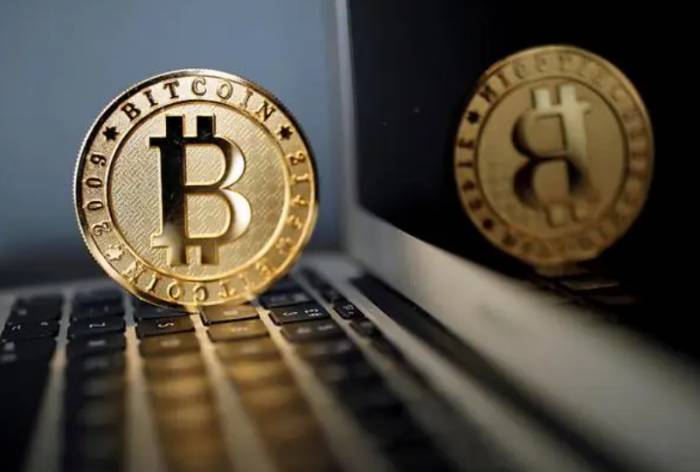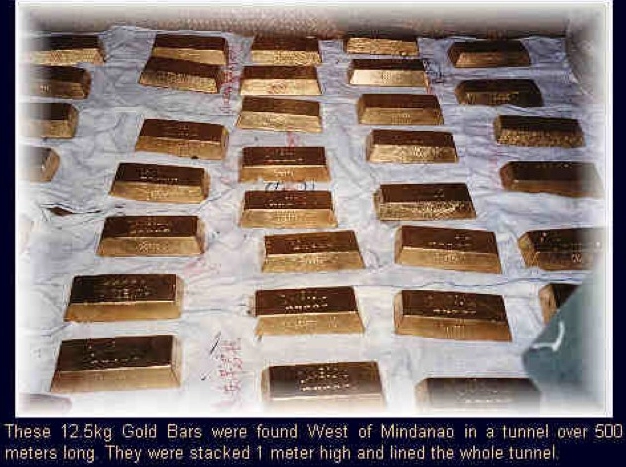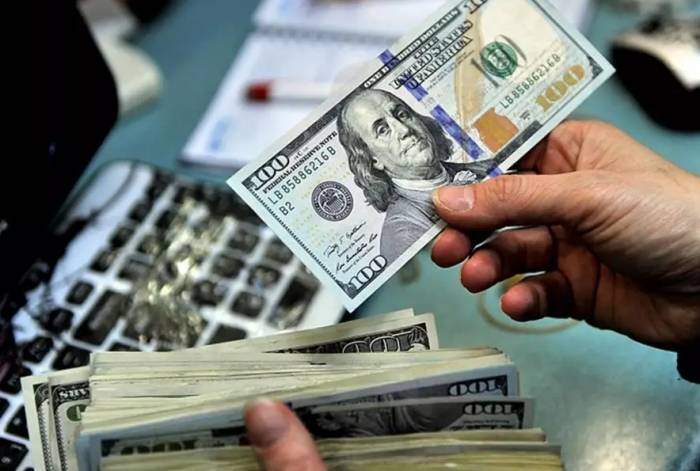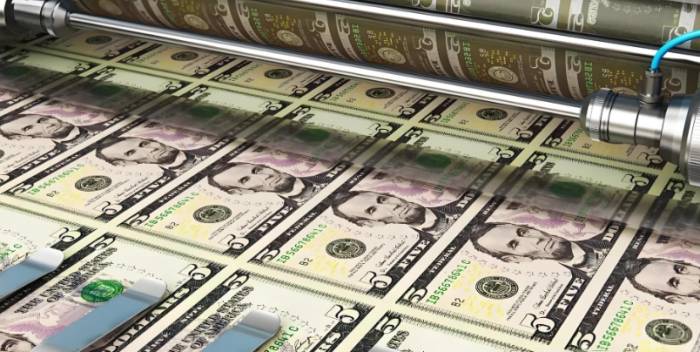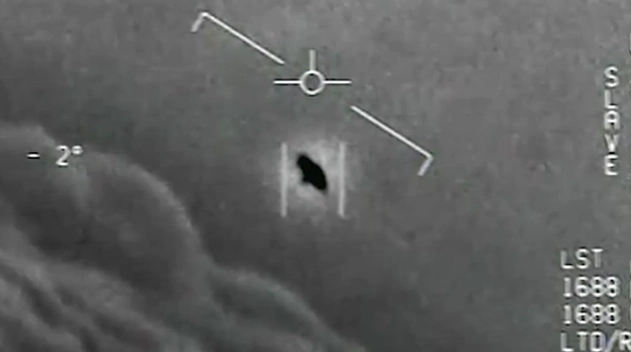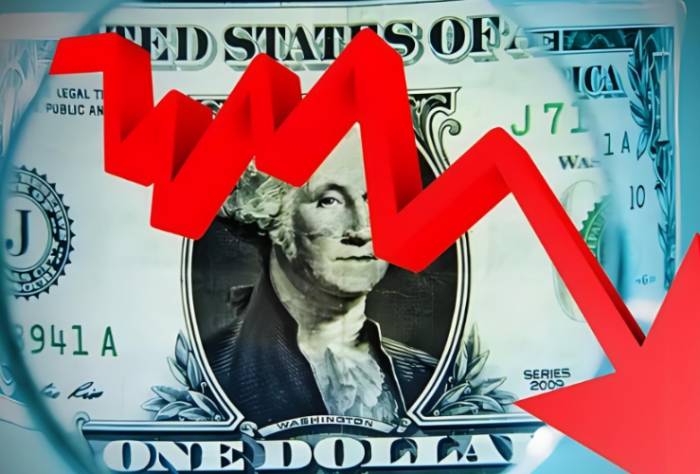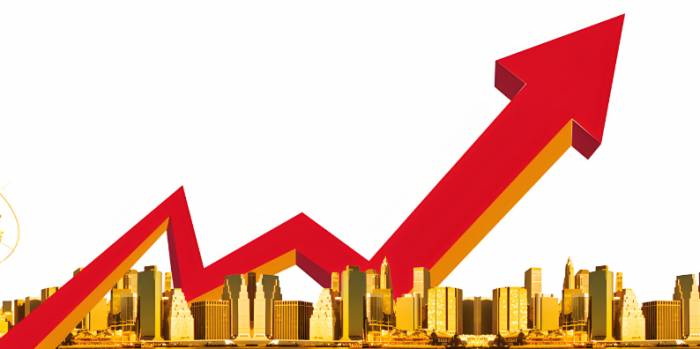Due to the ongoing escalation of tensions in the Middle East, crude oil prices opened higher this week, but the bearish sentiment in the oil market is far from extinguished, with prices slightly falling after the rise.
In addition, the major global economies have embarked on an easing cycle, which has also had a positive impact on oil prices, but the market remains cautious about the long-term effects of these policies.
As of press time, Brent crude futures have risen by 2.32%, to $74.9 per barrel.
Brent oil had fallen to a three-year low earlier this month.
U.S. WTI crude fell by 2.4% last week, to $72.1.
However, some analysts suggest that as the impact of interest rate cuts fades, the oil market may refocus on weak demand issues, leading to downward pressure on crude oil prices once again.
According to CCTV International News, Israeli media reported that the Israeli military's Arabic spokesperson today once again warned Lebanese citizens in Arabic on his social media account, "If you are near or inside buildings belonging to Hezbollah or buildings used to store their weapons and equipment, you should leave immediately and maintain a distance of at least one kilometer, or flee the area."
Israeli media reports suggest that this implies the Israeli military is planning a new round of large-scale airstrikes on targets in Lebanon.
Analysts believe that these strikes could bring the conflict between Iran, an OPEC oil-producing country supporting Hezbollah, and Israel closer, and may trigger a broader war throughout the region.
IG analyst Yeap Jun Rong, in an interview with Reuters, stated: "The intensification of geopolitical tensions in the Middle East between Israel and Hezbollah could provide strong support for oil prices under the broader regional conflict risk."
JPMorgan Chase CEO Jamie Dimon, in an interview with CNBC, also said that the escalation of geopolitical crises and the deterioration of global stability are the main risk factors for global energy issues.
"Geopolitics are getting worse, they are not getting better.
There could be accidents in energy supply.
There are many wars happening now."
Previously, Dimon had stated that the Russia-Ukraine conflict is the biggest risk he sees the world facing, greater than high inflation or a U.S. economic recession.
Furthermore, the major global economies have successively begun a cycle of interest rate cuts, which has also eliminated the downward risks of crude oil prices to some extent.
Last week, the Federal Reserve strongly cut interest rates by 50 basis points, and previously the European Central Bank also lowered the key deposit rate by 25 basis points.
Today, the People's Bank of China announced that it will cut the reserve requirement ratio by 0.5 percentage points in the near future, providing about 1 trillion yuan of long-term liquidity to the financial market, and may choose to cut the reserve requirement ratio by another 0.25-0.5 percentage points before the end of the year.
Vanda Insights' Vandana Hari told Bloomberg: "Crude oil prices may temporarily enter a consolidation phase, consolidating the gains of last week."
However, as the impact of interest rate cuts fades and prices are largely digested, traders will soon shift their focus back to the demand side.
Vandana Hari said: "The market cheer brought by the Fed's substantial interest rate cut has boosted market sentiment.
But at some point, as the Fed's glow fades and the oil market's attention turns back to the deteriorating demand situation, we may see crude oil prices facing downward pressure again."
ING commodity analysts wrote in a report last week: "Due to poor margins, European refiners have reduced their run rates."
Meanwhile, U.S. oil producers are evacuating employees from oil production platforms in the Gulf of Mexico, with a second hurricane expected to sweep through offshore oil fields within two weeks.
Several oil companies have suspended some production.



